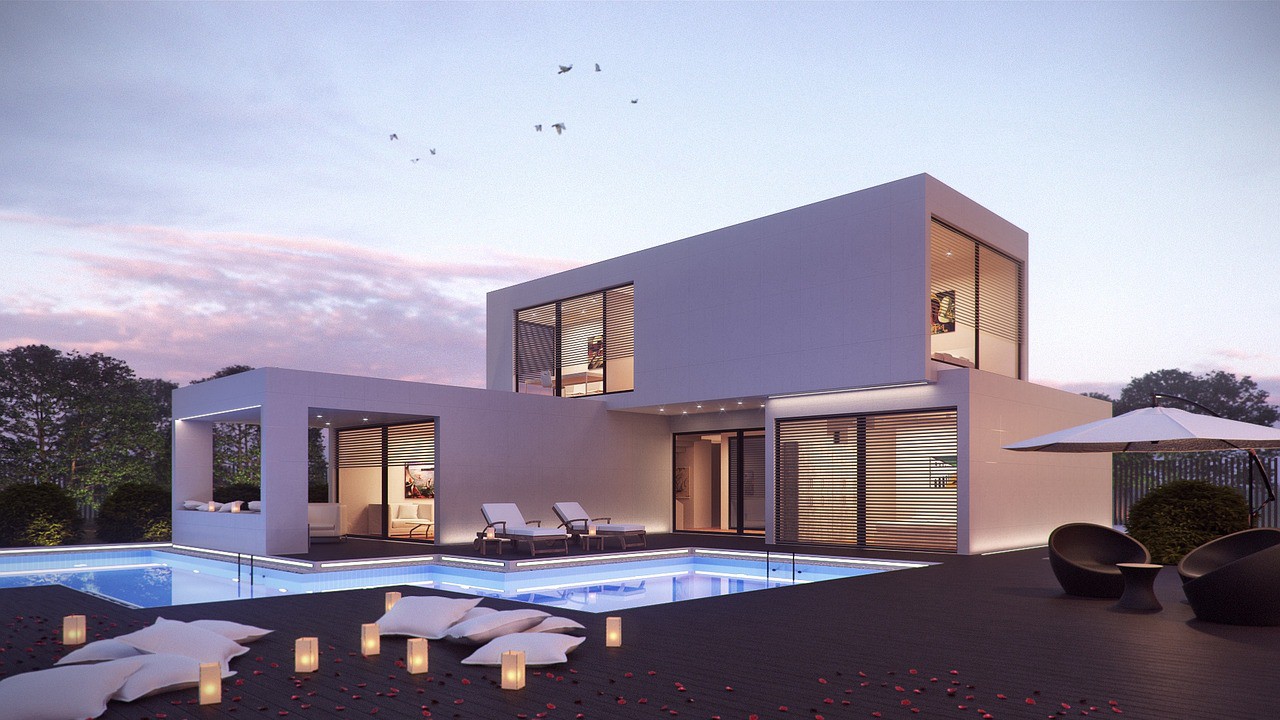One of the most common misconceptions about home or building construction is that it is prohibitively expensive. Building a new home is not cheap, and it may be one of the most significant investments you ever make. However, when the end result is your dream home, the investment is well worth it.
The truth is that the cost of building your new home is determined by the decisions you make during the design and construction process. As a homeowner, you have the ability to tailor your budget, deciding where to splurge and where to save. You can build your family’s dream home without spending a fortune with little research and cost-effective planning.
Here’s a quick and easy list of some tips to save up on home construction:
Purchase for Bargain Prices
The more time and effort you put into comparison shopping, the more likely it is that you will find high-quality, name-brand finishes and appliances at rock-bottom prices.
Top money-saving tips include shopping at local carpet warehouses for sale-priced remnants, online bargain shopping for lighting and plumbing fixtures, purchasing discounted floor models or scratch-and-ding appliances, and keeping an eye on various marketplaces for used or repurposed items. And you might be able to negotiate prices — it’s worth a shot!
You don’t have to be a skilled builder to benefit from this. When you do your own research, you can be more creative in your material selection.
Hire the Right Builder
Builders have the power to make or break your home-building experience and budget. The goal is to find a reputable and reasonably priced home builder you can rely on to complete quality work on time. Compare several local home builders and select the one that provides the best value for your money. Consider things like reasonable upgrades, all-inclusive pricing, reviews, and recently completed projects.
The builder should be aware of your budget and priorities so that he can advise you on additional cost-cutting measures. The bottom line is that building a house does not have to be expensive. Spend time researching, making cost-effective decisions, sticking to your budget, and ultimately being a conscious consumer.
Do Less Complicated Tasks
If you are your own general contractor, you can save money by doing jobs unrelated to the MEP systems (most systems-related work can only be done by licensed professionals). These include wall sheathing, batting insulation, drywall installation, and the installation of plywood floor decking and wood flooring. If you are familiar with doing any of these, try to do them on your own instead of hiring a builder.
You may not be permitted to do any building work if you are working with a builder. Many contractors will not or prefer not to permit you to participate. They might not want to risk his insurance coverage on you because you’re an unknown quantity. And, because your contractor is in charge of meeting deadlines and finishing the house on time, they must be confident that you will keep your end of the bargain. Make sure you know the terms of your contractor, so you can take on tasks that will save you on costs.
Invest in Energy Saving Items
Saving money on your new home construction goes beyond the initial construction. After all, even if your dream home is built, you will still have to pay for it. So designing your home with energy efficiency in mind can help you save money for the life of your home! After the initial construction, energy efficiency can be a significant cost saver.
Orienting your house so that the roof slope or large windows face south will help keep the house warm. Furthermore, a south-facing roof slope allows you to easily install solar panels whenever you want. By utilizing as many green building products as possible, you will be able to save money on energy costs.
Plan Adequately
Seeing houses built in the way you want (or don’t want) will help you have a more concrete idea of what you want for your home. Some layouts appear to be great ideas in theory, but when seen in person, they aren’t as good. Knowing what you want before you start will save you the time (and money) of starting over or making changes.
Make a list of ‘needs’ and ‘wants.’ The’must haves’ are things you absolutely must have. Find a way to fit them into your budget. The ‘wants’ are things you could live without but would appreciate it if you could include them. Prioritize the ‘wants’ in order of importance to you to ensure that your budget includes everything you desire for your home.
Key Takeaway
Building a home is a huge investment to have. This is why it is important to know the different ways you can save on construction. There are many ways to do this and all you need is to do some research, be resourceful, and be prepared to be creative and adventurous.
As you prepare to make your dream home come to life, feel free to explore and try out the tips we shared in this article so you can also save money in the process.




